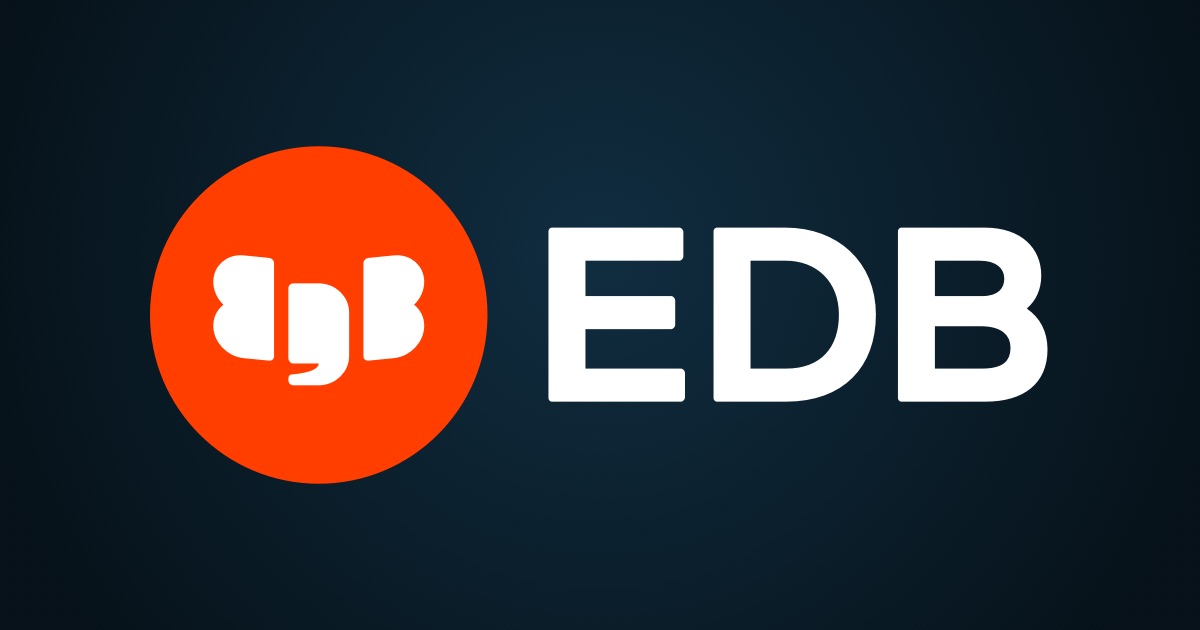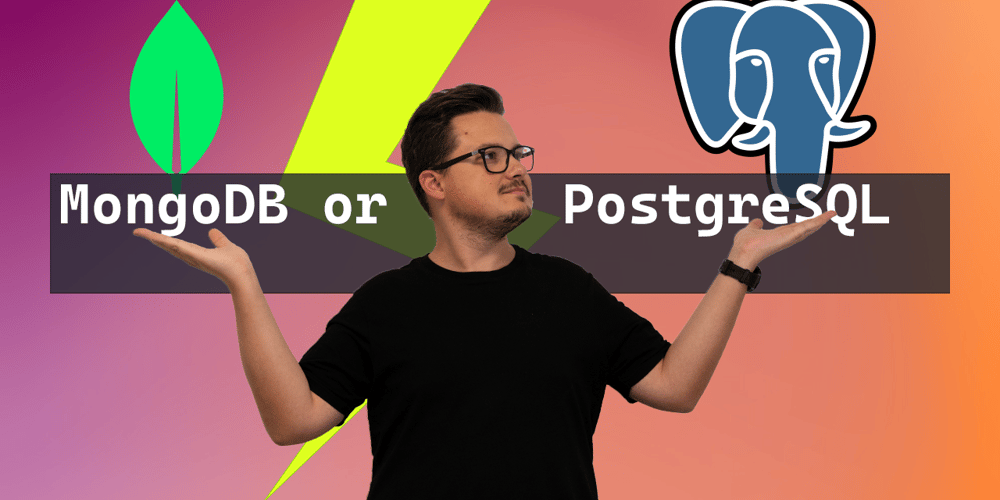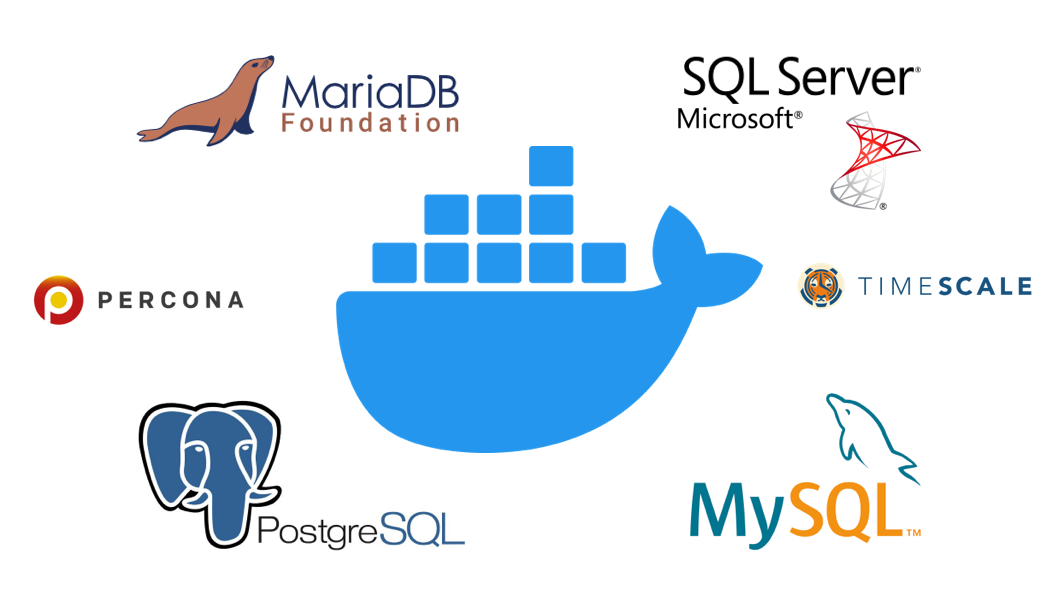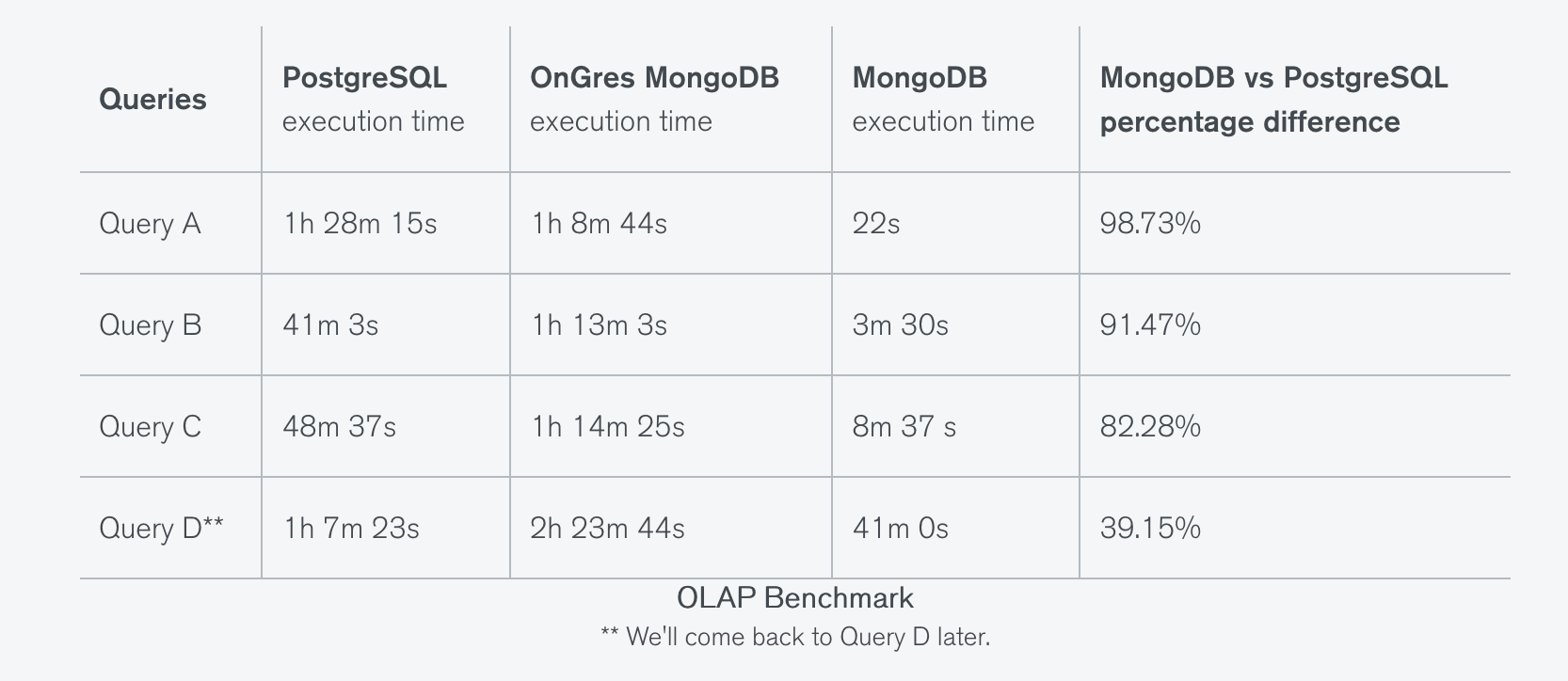MongoDB vs. Postgres Benchmarks / Álvaro Hernández (OnGres)
View: https://www.youtube.com/watch?v=-AIjKrWi0x0
Here you see another professional benchmark where mongoDB is very slow compared to PostgreSQL.
However, this is not the whole story:
Benchmarking: Do it right or don't do it at all
Benchmarks are hard to do, especially if you don't know the database

www.mongodb.com
The Data-Based MongoDB vs. Cassandra Study (2022)
Benchmarking between kong with cassandra and postgres
Hi all, I recently did a benchmarking on kong and OAuth 2.0 plugin, and I found something bizarre to me. Here is what I did: I have 3 n1-highmem-4 instances (4 vCPUs and 26GB mem) on Google Cloud Platform, which is managed by Google Kubernetes Engine, and then I came out with the following...

discuss.konghq.com
Database performance comparison for IoT use cases
Contribute to MaibornWolff/database-performance-comparison development by creating an account on GitHub.

github.com
If you are a beginner then from the above two benchmarks you are going to think PostgreSQL is really faster than Cassandra.
But if you are an expert then you know Cassandra has more than 100 options to tune the performance. The same is the case for PostgreSQL.
It is also true that JOIN operations are usually slow on SQL databases, while Cassandra is put together in a way to make this go lightning fast.
Another research:
Here we see that Cassandra is faster than PostgreSQL for insertion, but slower for extraction. And mongoDB is the fastest of the three databases in the above test for the two tasks.
Based on the industry-standard benchmark created by Yahoo! called YCSB, MongoDB provides greater performance than Cassandra in all the tests they have executed, in some use cases by as much as 25x. When optimized for a balance of throughput and durability between Cassandra and MongoDB, MongoDB provides over 50% greater throughput in mixed workloads, and 2.5x greater throughput in read-dominant workloads compared to Cassandra.
Cassandra considers performing better in applications that require heavy data load since it can support multiple master nodes in a cluster. Whereas, MongoDB will not be ideal for applications with heavy data load as it can’t scale with the performance.
Benchmarking Top NoSQL Databases
NoSQL databases are challenging relational technologies by delivering the flexibility required of modern applications. But, which NoSQL database is best architected to handle performance demands of today’s workloads?
www.datastax.com
Then again, in the last link you can see that
mongoDB is not remotely competitive with Cassandra in terms of performance.
We can conclude that the idea people have about which database is the fastest is similar to religion. Large groups of people have fundamentally different views.
Of course, both groups cannot both be 100% right. What you see is that there are persons who are completely convinced that they are smart enough to make sensible statements about this domain, but in reality their knowledge is not sufficient to make any useful statement.
And it's ultimately just what you believe.
It would not surprise me that 90% of the data administrators and data engineers currently active do not have the required knowledge needed to choose the most suitable database for their specific workload. Nor have they done any benchmarking of different databases.


















